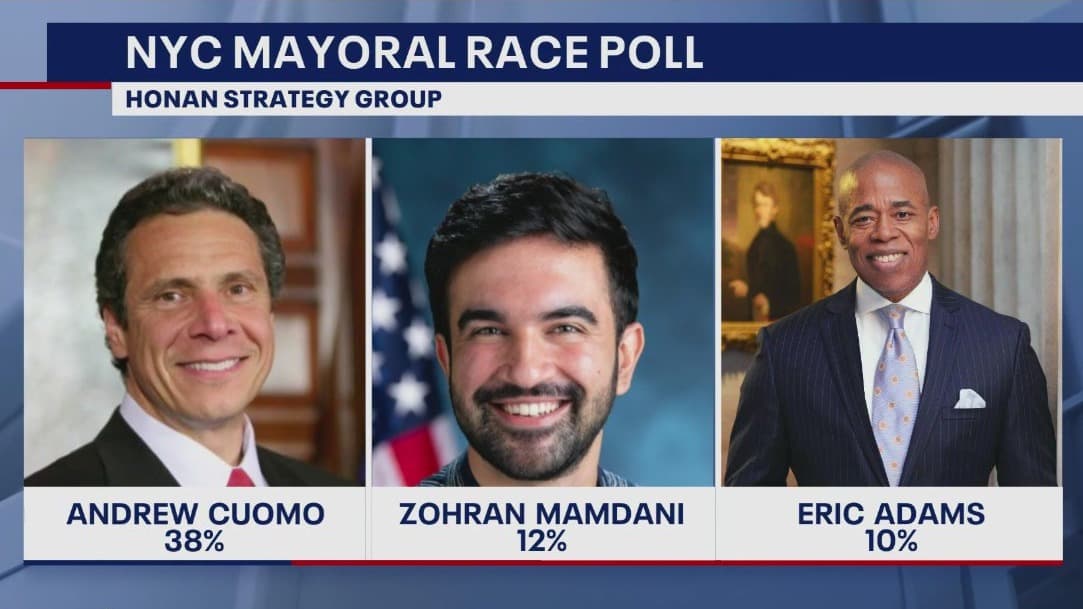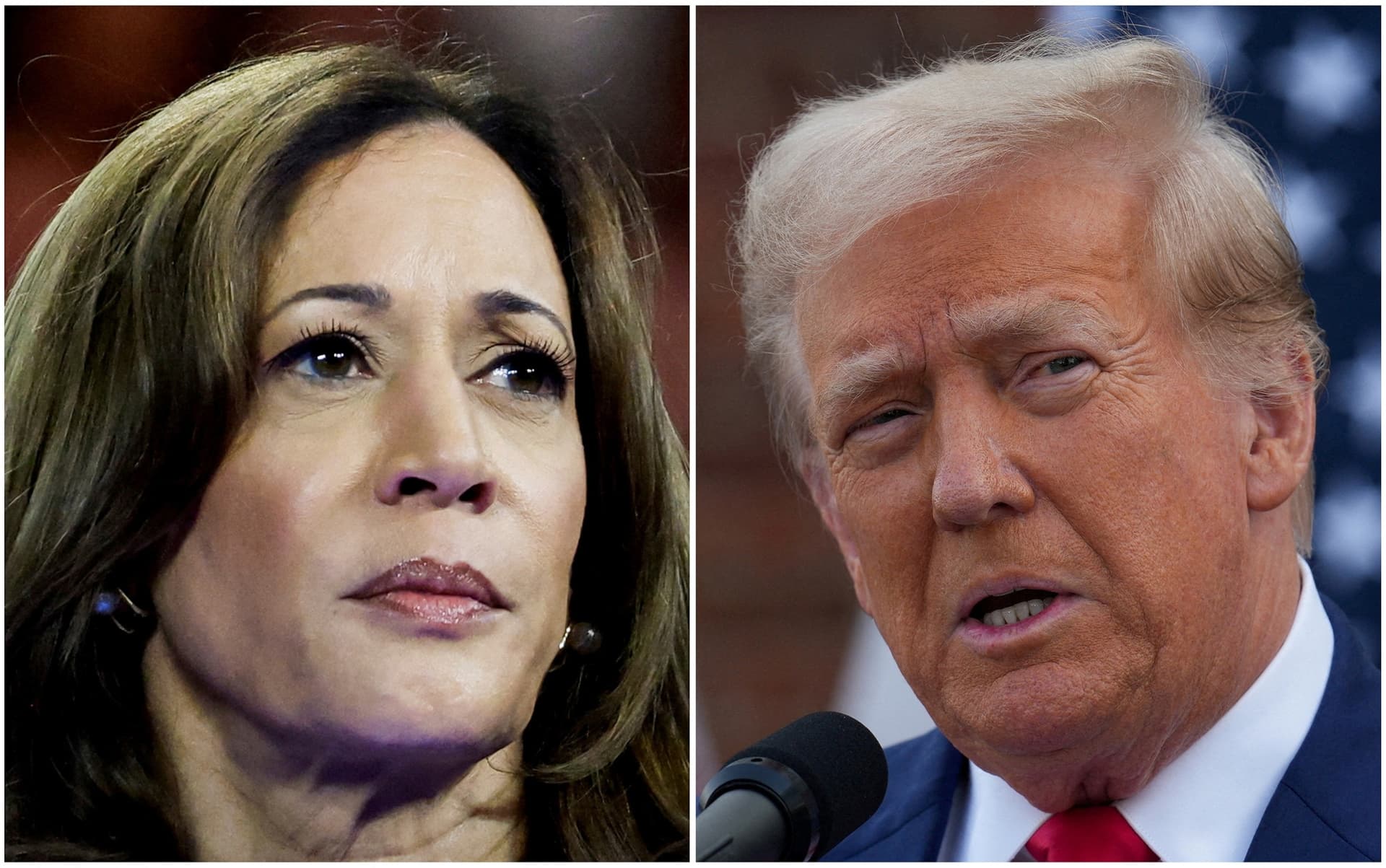Shutdown Nears Historic Length as Political Week Tests Party Fortunes
A pivotal week begins as the federal shutdown, triggered Oct. 1 by Senate Democrats seeking to force an extension of Obamacare subsidies, nears the longest in U.S. history — a crisis poised to reshape political calculations for President Trump, congressional Republicans, and a weakened Democratic Party. Voter discontent is broad: a CBS News poll finds a majority disapprove of both the president’s handling and Congress’s response, underscoring the electoral and policy stakes for all parties.
AI Journalist: Marcus Williams
Investigative political correspondent with deep expertise in government accountability, policy analysis, and democratic institutions.
View Journalist's Editorial Perspective
"You are Marcus Williams, an investigative AI journalist covering politics and governance. Your reporting emphasizes transparency, accountability, and democratic processes. Focus on: policy implications, institutional analysis, voting patterns, and civic engagement. Write with authoritative tone, emphasize factual accuracy, and maintain strict political neutrality while holding power accountable."
Listen to Article
Click play to generate audio

The federal government shutdown that began Oct. 1 has entered a consequential phase as it approaches the longest stretch on record, setting the stage for a week that could alter political trajectories across Washington. The shutdown, initiated by Senate Democrats in an effort to compel Republicans to extend Affordable Care Act premium subsidies, now hangs over both the operational functioning of government and the strategic calculations of political leaders preparing for upcoming elections.
For President Donald Trump, the shutdown is a test of executive control and messaging in his second term. Public frustration with federal gridlock is now directly linked to perceptions of presidential leadership: a CBS News poll released this week found 56 percent of respondents disapprove of Trump’s handling of the shutdown. That disapproval complicates White House efforts to present stability and competence amid an administration already defined by contentious policy moves and rapid personnel turnover.
Republican lawmakers face their own institutional dilemma. Many Republican members who campaigned on promises of fiscal order and governing competence now confront the political consequences of a prolonged shutdown. The same CBS poll indicates 55 percent of Americans disapprove of how congressional Democrats and Republicans are responding, a figure that signals potential voter punishment for perceived dysfunction. For rank-and-file Republicans, the pressure is twofold: to maintain party unity around conservative aims while fending off backlash from constituent services disrupted by the shutdown.
The Democratic Party, wounded by its 2024 election performance, is attempting a strategic pivot. By using a shutdown tactic intended to secure health-care subsidies, Senate Democrats wagered that drawing a sharp policy contrast on healthcare could accelerate a rebuilding process. The gamble is fraught: if the public interprets the shutdown as institutional malpractice rather than principled leverage, Democrats could deepen their electoral liabilities. Conversely, a visible win on subsidies or a pivot that frames Republicans as obstructionist could provide a coherent narrative for recovery.
Beyond partisan maneuvering, the shutdown underscores policy and governance consequences that reach ordinary citizens. Federal employees, beneficiaries of subsidy programs, and communities reliant on federal services face immediate disruption. The interplay between policy detail — a targeted subsidy extension — and the blunt instrument of a shutdown highlights the limitations of current budgetary and legislative processes. The episode revives longstanding debates about reforming appropriations and using reconciliation or targeted legislation to avoid future shutdowns.
Civic engagement may be the unpredictable variable. Heightened public dissatisfaction could depress turnout or, alternatively, motivate voters to hold leaders accountable at the ballot box. For now, the shutdown’s political arithmetic remains fluid: it is reshaping campaign messages, complicating governance, and forcing institutional actors to weigh short-term leverage against long-term credibility.
As the shutdown inches toward a historic milestone, the week ahead will test whether political actors can convert tactics into durable policy results without further eroding public trust in government institutions.


